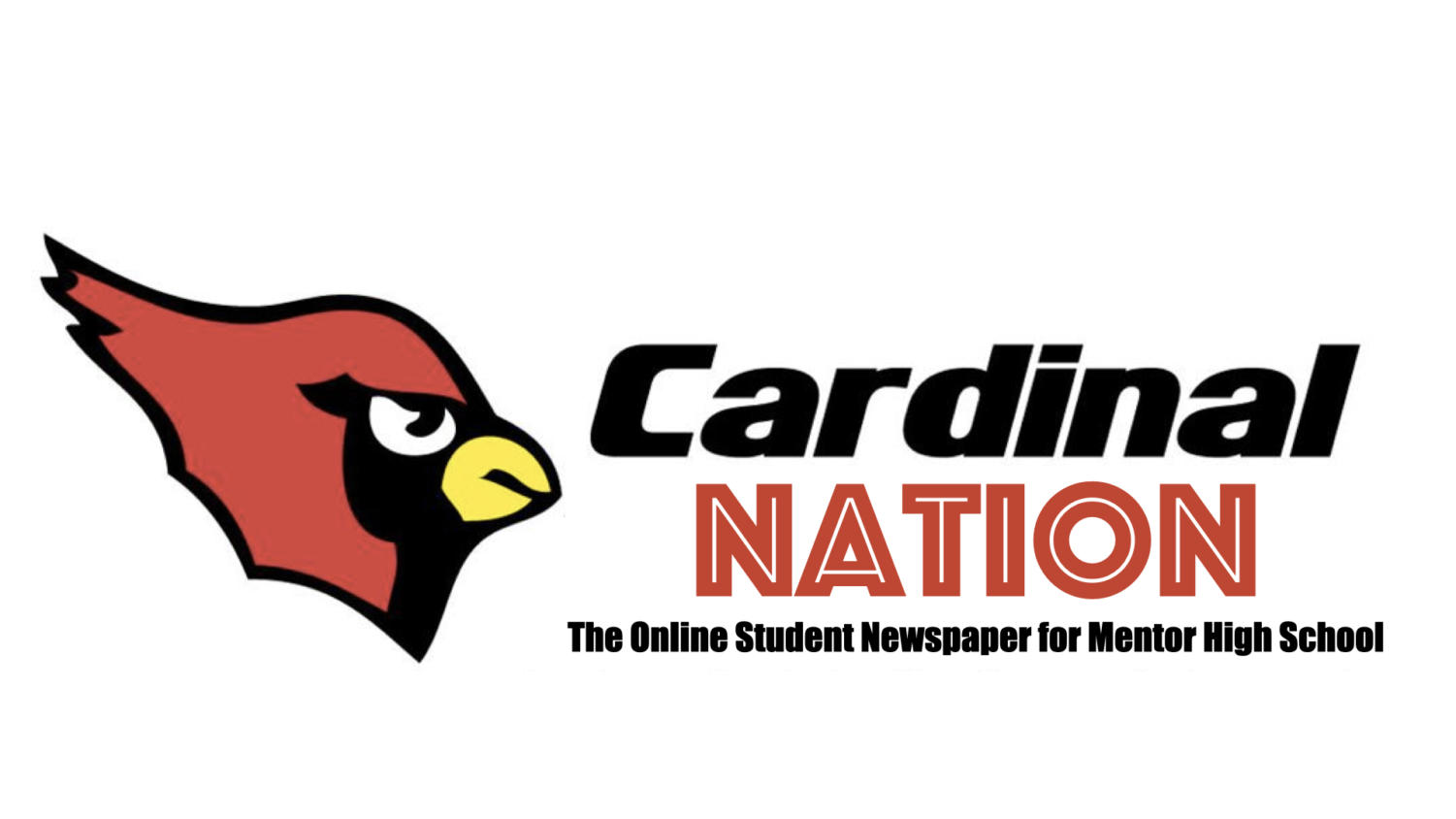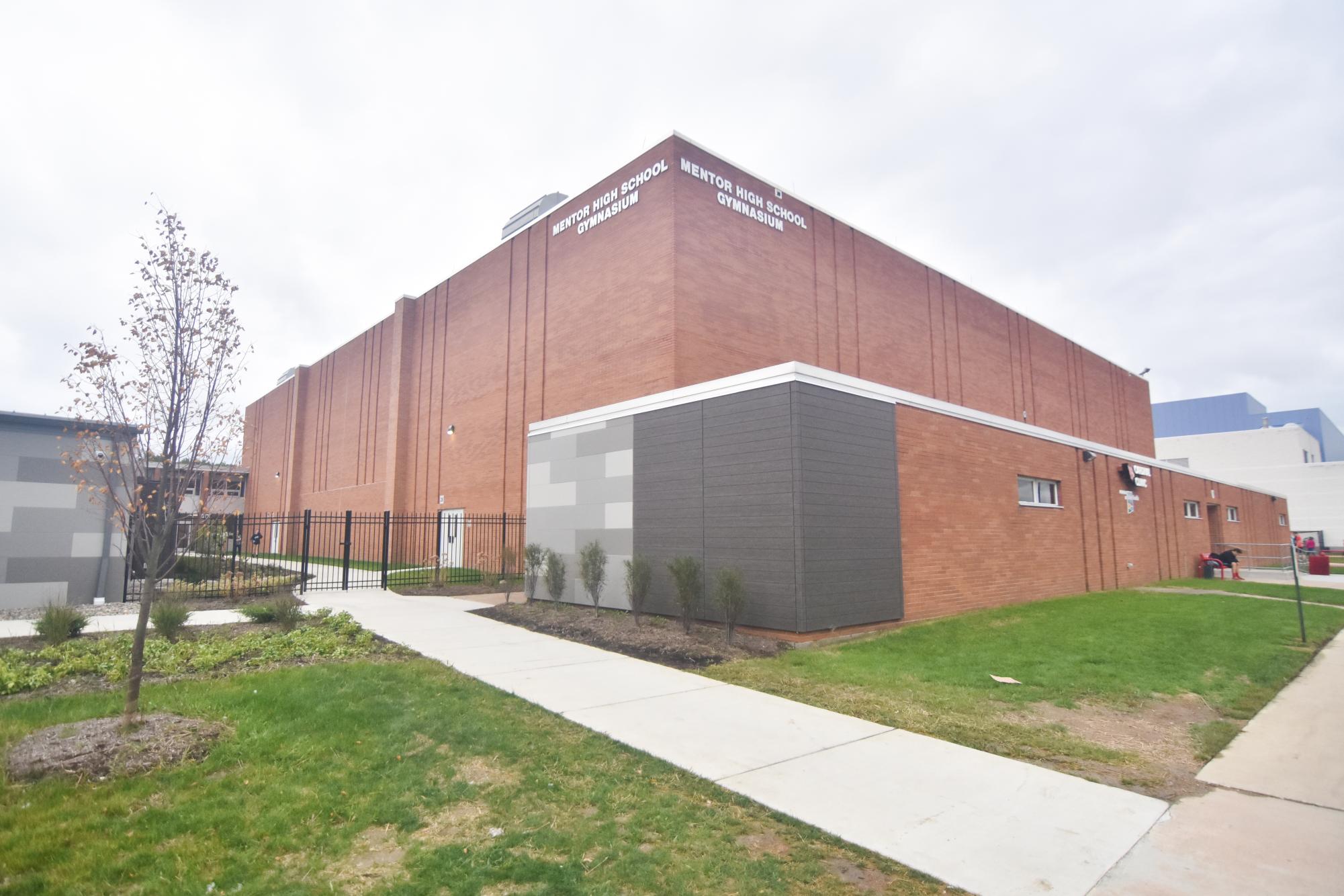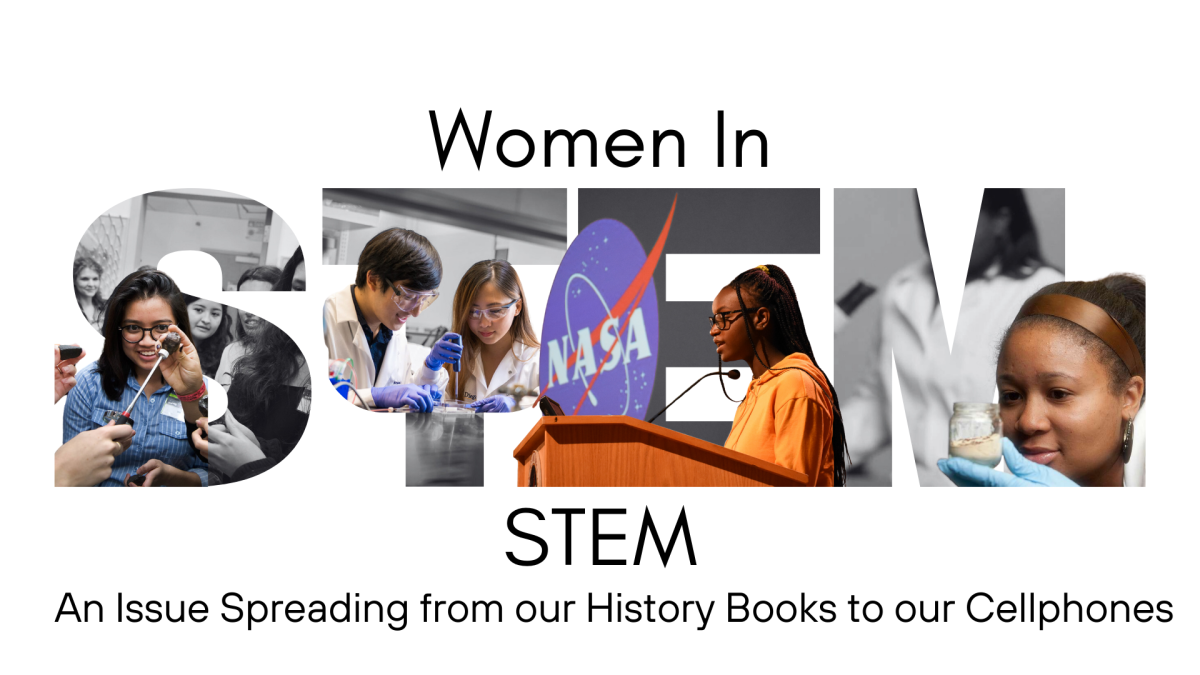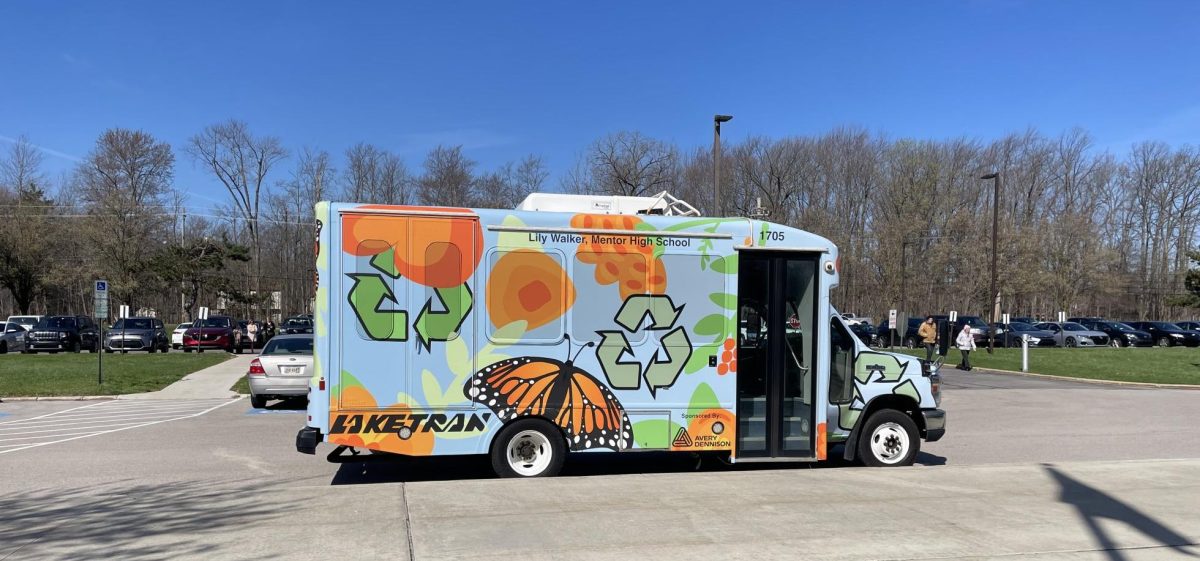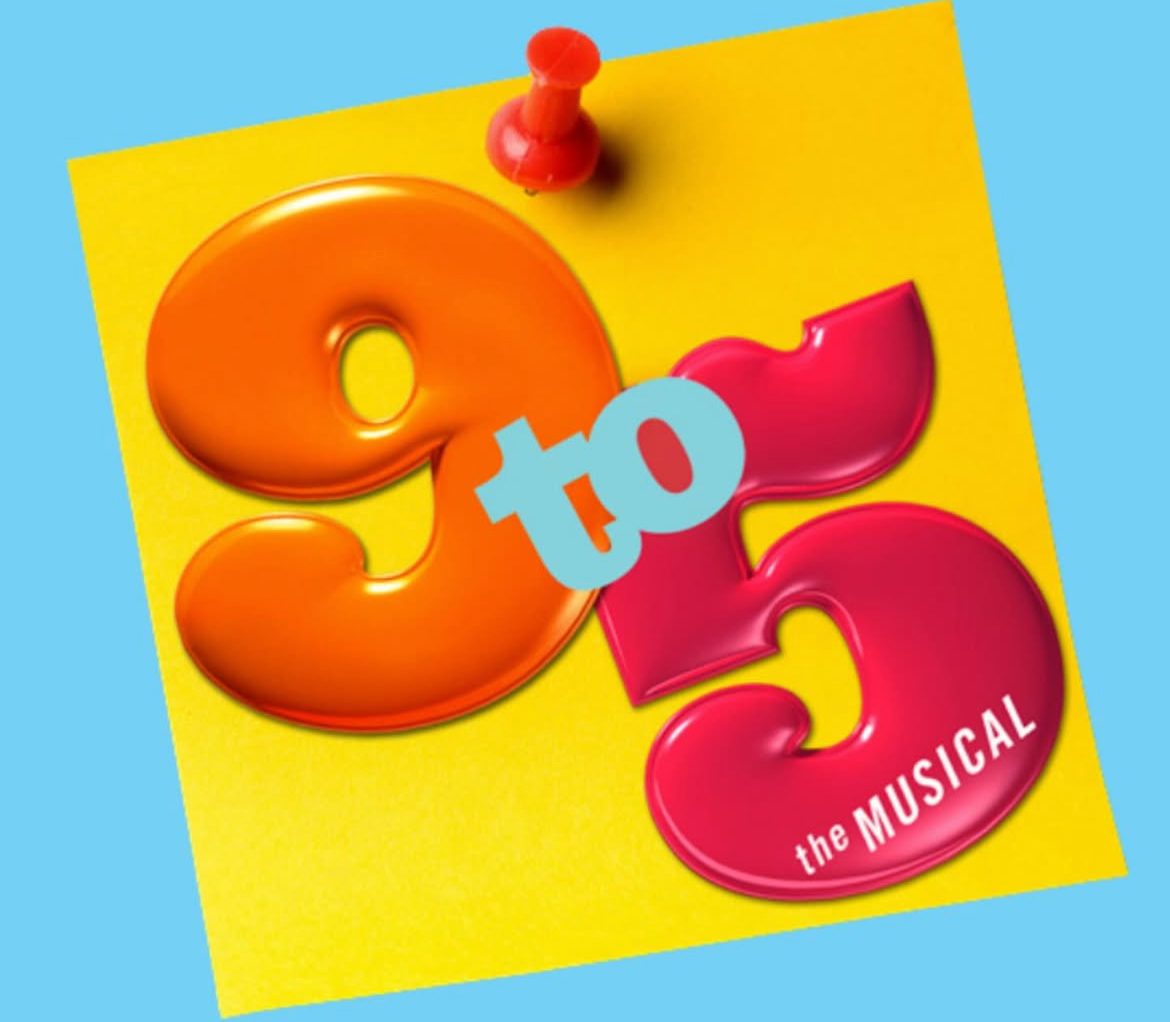Now that the board is seated, here are the member’s agenda items and further details on the status of the permanent levy that failed in November.
In regards to levies, Mentor voters had two to consider. Issue 4 was a renewal levy, which first passed in 2004, that did not increase taxes. This 6.73 mill levy generates just over $15 million dollars annually and accounts for roughly 13% of the district’s revenue. These funds allow us to maintain our current programming and are used for safety, security, direct classroom instruction, support services (school counselors, nurses, etc.) well-rounded curricular and extracurricular programs, transportation and daily operating expenses (utilities, supplies, purchased services, etc.). We are currently operating at healthy teacher-pupil ratios in order to provide the quality education the children of our community need and deserve, according to administration.
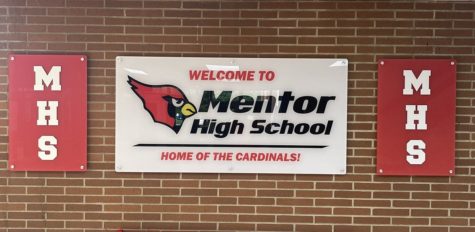
Issue 3 was a new, 2.5 mil Permanent Improvement (PI) levy that would have generated funds to help maintain and upgrade our aging school buildings in terms of school safety improvements and necessary maintenance projects. This was a five-year levy that would have cost property owners $88 per $100,000 value per year and would have generated just over $5.5 million a year, which would have helped ensure safe and well-maintained school buildings by funding upcoming planned projects such as roofing, paving, windows and doors and enhanced safety and security needs. PI funds can also be used for buses, technology and furniture. PI funds cannot be used for general fund expenses, including employee salaries and benefits.
In addition to the levies, voters had two school board seats to fill. On the Mentor School Board, there are five members: Annie Payne, Maggie Cook, Virginia Jeschelnig, Rose Ioppolo and Lauren Marchaza. Rose Ioppolo and Lauren Marchaza were both elected in November and seated in January. Cardinal Nation had questions for all of them after the election, and these were their responses.
Cardinal Nation: For this year, could we get your top agenda items you are looking to cover?
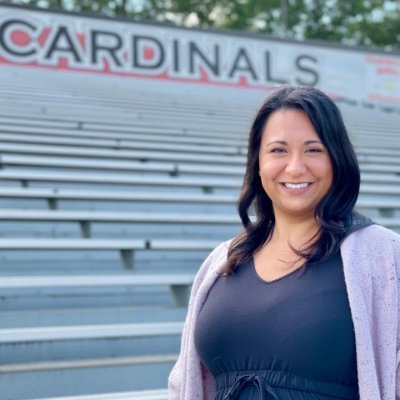
Annie Payne: My top agenda items for every year are always academics and safety. When I became a board member I requested that there be a curriculum and safety liaison position for the board, so that we may be more involved in those areas. I have been a part of the curriculum committee since inception about two years ago, and am now included in the newly formed safety committee as well. The curriculum and safety liaison positions include two current board members and those who are in the curriculum and safety committees. The curriculum committee has been extremely beneficial for both board members, and the curriculum team. We have been able to provide input on possible curriculum agenda items prior to them being placed on the agenda for a vote. It has been a blessing to be able to be an integral part of those conversations over the past two years. The safety committee was just formed a few months ago. I have had a goal since becoming a board member (which I expressed in the March 2022 meeting) to have an SRO (school resource officer) in every single building. We have made great strides towards that goal as a board, but there is still more work to do to ensure all our buildings are covered and safe for our students and staff. I will continue to support both of these goals in my decisions as a board member.
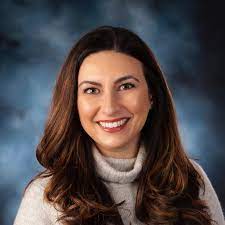
Maggie Cook: As a board, it is our responsibility to govern the district by creating clear policy that supports the goals of the district. This year, Mentor Schools will be revisiting our strategic plan. This process will involve listening to stakeholders (students, parents, staff, community members, business owners) to create a blueprint to focus our goals for the next several years. My priority will be to listen and gather information through this process to help the district create a vision and strategic plan that will serve our stakeholders. In addition, we must continue to focus on the budget around our priorities for student outcomes and safe environments. While our renewal levy was successful in November, our permanent improvement levy was not. This left the district in a position where our needed permanent improvement projects such as roofing and paving projects and safety updates are underfunded. It is important that as a board we continue to be mindful of expenditures, seek alternative revenue sources, and keep the community informed.
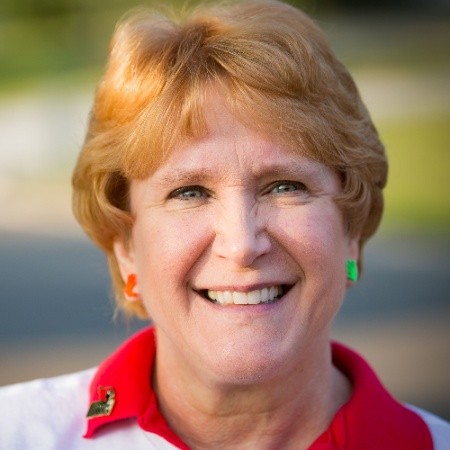
Virginia Jescheling: This will be an exciting year. Now that we have an updated policy manual in place, we will revise our district strategic plan. It’s an important road map that guides our steps by involving a cross-section of stakeholders. We will be joining Mr. Heath and Mr. Wade, along with staff, students, parents, business leaders, and other community members, to create direction for our schools over the next 5 years. Our district strives to meet the evolving needs and interests of our students. Since I first ran for the Board of Education in 2013, expanding and fine-tuning Career Technical Education options has been my priority. I appreciate the hard work and vision of Mr. Heath, Dr. Joe Glavan and our district staff as they continue to expand those CTE opportunities.
Cardinal Nation: What was your reaction to the election?
Lauren Marchaza: Naturally I was thrilled to have won a seat on the school board. It was the culmination of many, many months of hard work by a group of very dedicated people. It meant that enough folks in our community believed in me and shared my vision for our school district—one that enables us to work on addressing the practical issues we face so we can make our schools the best they can possibly be.
Rose Ioppolo: Obviously, I was incredibly happy that I won! The results reflect how divided the community is on critical issues.
Cardinal Nation: Additionally, what do you think the future of the school board should be?
Annie Payne: I believe the future of the school board should always consist of shared goals of excellence in education and safety for all our students. I appreciate different perspectives on issues as they arise. My background is in Organizational Leadership and Human Resources. In order for a team to succeed, they have to work together towards common goals. Working together means actively listening to those with different viewpoints, and working with one another to find common ground while making compromises. The board collectively represents all those opinions within our community, so it’s imperative we share those points of views with all board members. My hope is that the board (myself included) can listen not to respond, but to comprehend others’ viewpoints, and can work towards our shared goals at every board meeting.
Maggie Cook: The school board must continue to support high-quality instructional programs and make student needs our primary focus. Education is evolving with the increased need to prepare students for the workforce, especially in the areas of technology and increasing the needs for skilled employees in the trades and highly technical fields. Additionally, education is addressing diverse learners with proactive and more intensive interventions. We must be willing to adapt to these needs and address them. The school board is elected by the voters and represents diverse perspectives, much like our community. As adults on behalf of the students we serve, we must find avenues of agreement to govern the district effectively. We cannot take differences personally and we must stay grounded with a focus on our students.
Virginia Jescheling: To the future, I hope to work harmoniously with the other four board members to best represent our whole community. The strategic planning discussions will give us important feedback to guide that work. The beauty of local governance is being able to reflect what each community wants for its children within the framework of the law.
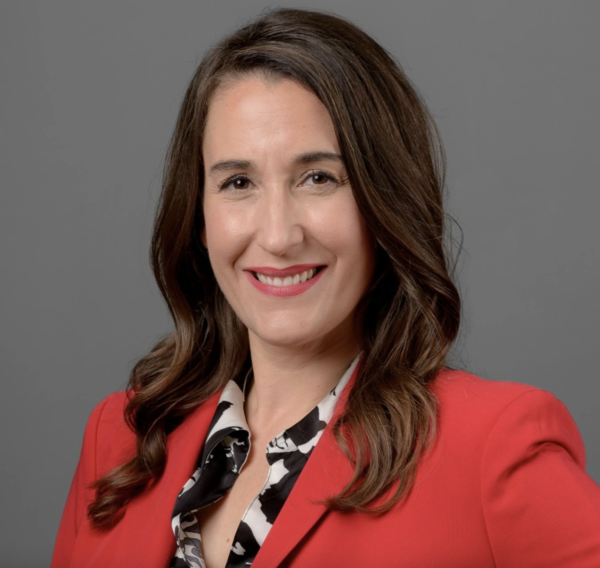
Lauren Marchaza: This work has already begun! Now that our committee assignments and roles are set, we have a better understanding of what work we are charged with—whether that’s student achievement, curriculum, legislation, or policy work for example—we can each dive more deeply into our respective areas. This year, I will work as the legislative liaison, reporting to our board and community about state and federal laws that affect our district, and will advocate for bills and initiatives that support public schools in Ohio. I will team up with Mrs. Ioppolo on the policy committee, ensuring that our policy adapts as our educational landscape changes. Collectively, we as a board must work together during regular meetings and work sessions to tackle several initiatives, including our strategic planning process, ensuring the superintendent and CFO have what they need to keep our schools safe and secure, and adjusting our budget in light of the failure of the permanent improvement levy last fall. This will require asking good questions and listening to ideas from everyone at the table, and respecting the input of our experts who work in the district.
There are a few things I will be prioritizing this year, understanding that they’ll only get done if we find a way to do it together:
- Return to the voters with a request to pass a permanent improvement levy. While Issue 3 failed by a very slim margin (less than 2%), we simply didn’t make our case to the voters. We need to work together to get the levy back on the ballot with a proposal that will convince the majority of voters that we will spend their tax dollars wisely, and that their investment will improve the safety and success of our schools, and in turn, our community.
- Improve community engagement. We have a really unique opportunity to engage the community—tax payers, business owners, parents, students, district employees—with our strategic planning process that is about to begin. I would like to see us really leverage tactics like community surveys, interviews, and focus groups to better understand what’s on the minds of more of our community members (not just the regulars who attend board meetings!). While voter turnout overall was higher than normal last fall, less than half of people who voted in the last election cast a vote for a school board candidate. If we are careful and thoughtful about engaging the community in strategic planning, we have the chance to reach more folks, educate them about the positive work our schools do in/for the community, and make a better case for their support when it comes time to put the levy on the ballot.
- Help the administration determine a path forward after our ESSR (pandemic-era federal funding) ends next year. With so many students still trying to catch up after falling behind during COVID, it’s so important for us to have a plan in place to be ready for that loss of funding, which supports more than two dozen educators. As our board president said at our work session last night, “the funding will go away, but the students’ needs do not.” Many of our classrooms at some of the elementary schools are still too large (something else I’ll be working on!), so losing educators that support those classrooms in particular is a serious concern.
Administrative Note: This article has been edited to allow all board members the opportunity to provide written responses to the two questions posed by the author.
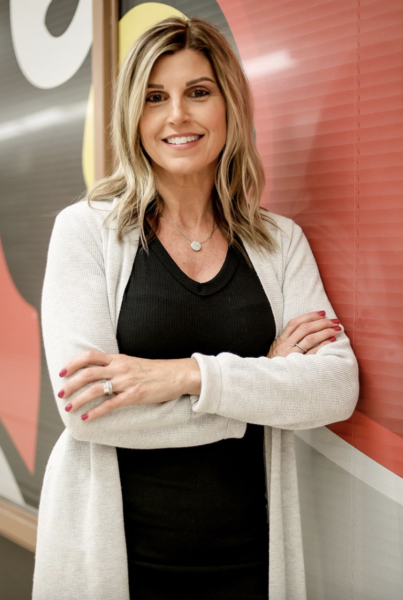
Rose Ioppolo: It is my goal to play a role in uniting the board to work together as a team. One of the first things I did after the election was reach out to each board member. It was important to me to sit down and get to know them a little more, one on one. Collaboration as a board- with our superintendent, administrators, teachers, and shareholders is necessary to be successful.
I introduced one of my first initiatives at the January meeting- a review of Policy 5136 Personal Communication Devices. There is so much research pointing to the negative effects that constant smartphone use has on adolescents. Having constant access to social media makes it impossible for students to be fully present in the classroom. Removing the use of cell phones during class time has numerous advantages for both teachers and students. It was important that after discussions at the table, we were all behind developing new administrative guidelines, handbook updates, and implementing a new enforcement initiative- “No Cell Bell to Bell.”
Other issues of importance on my list: affirmative consent for library materials that may be deemed age-inappropriate, improving dress code enforcement, reducing overcrowded restrooms in the high school, placing Student Resource Officers in every building, and working to strengthen our disciplinary methods. Currently, the increase in violations (physical fights, vaping, and disrespecting authority) at the high school and middle schools is concerning. We need a ‘kind-but-firm’ rules-based form of discipline and a clearer outline of tougher consequences associated with each specific conduct violation. This is the only way our students can enjoy better mental health while also learning the importance of accountability.
